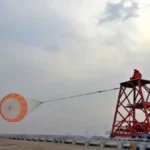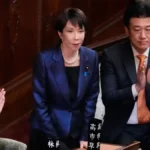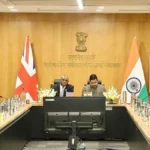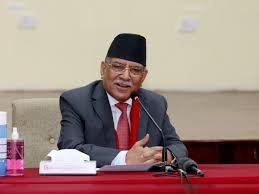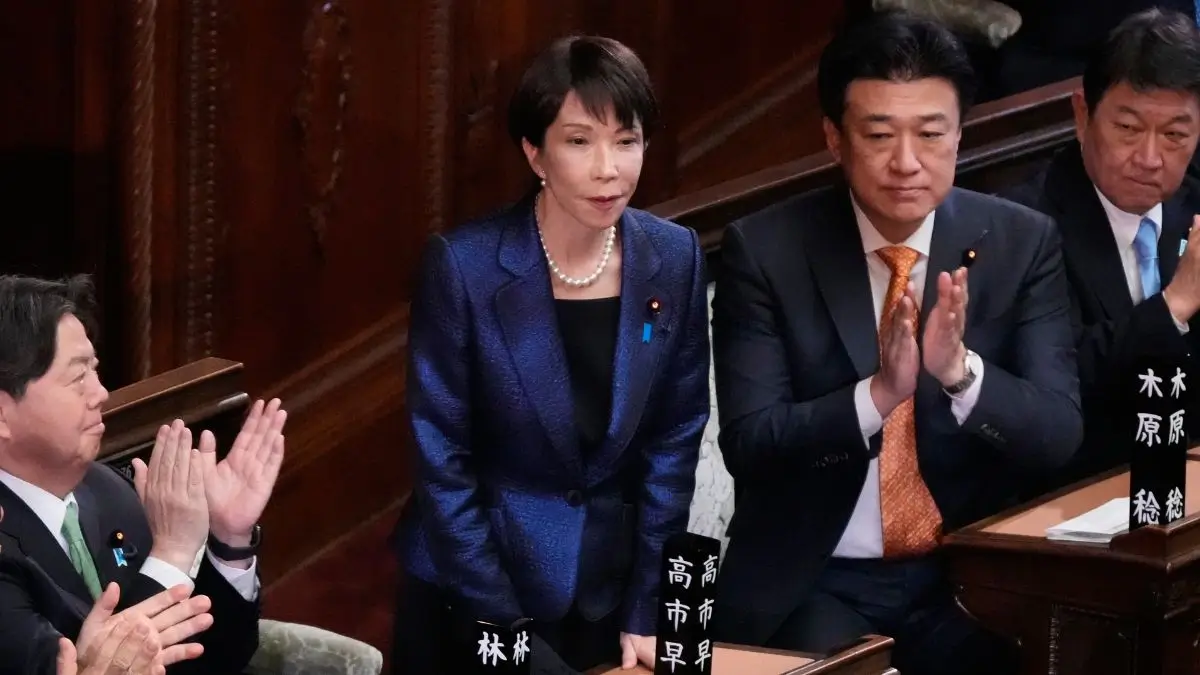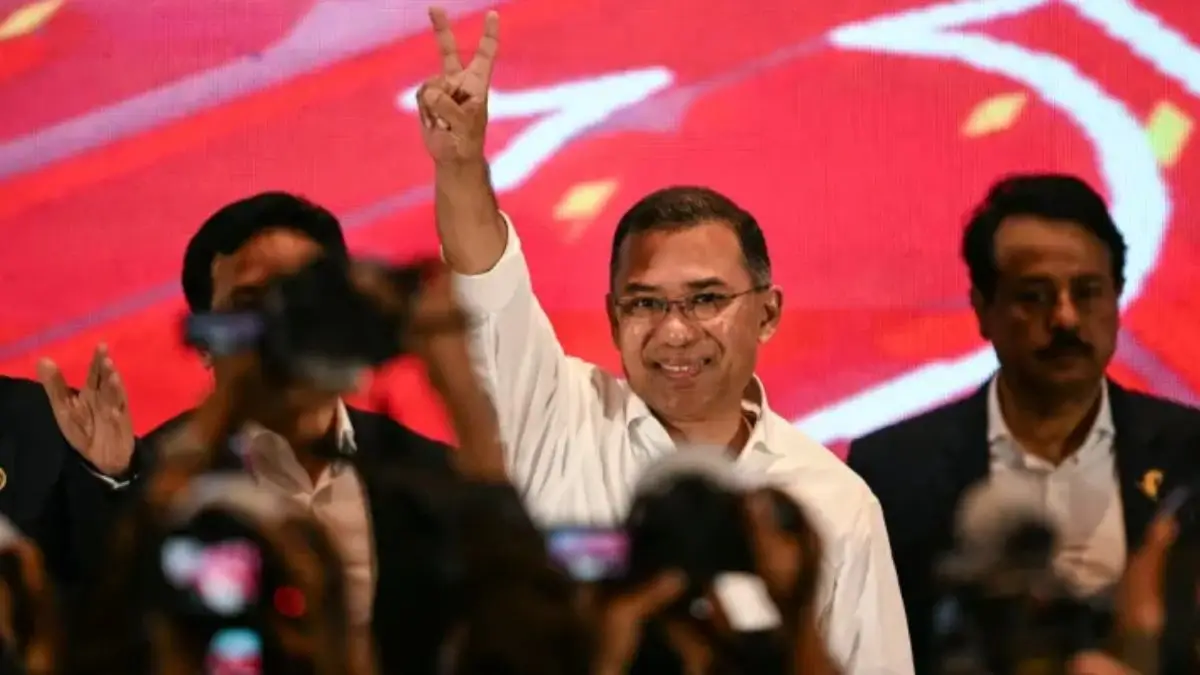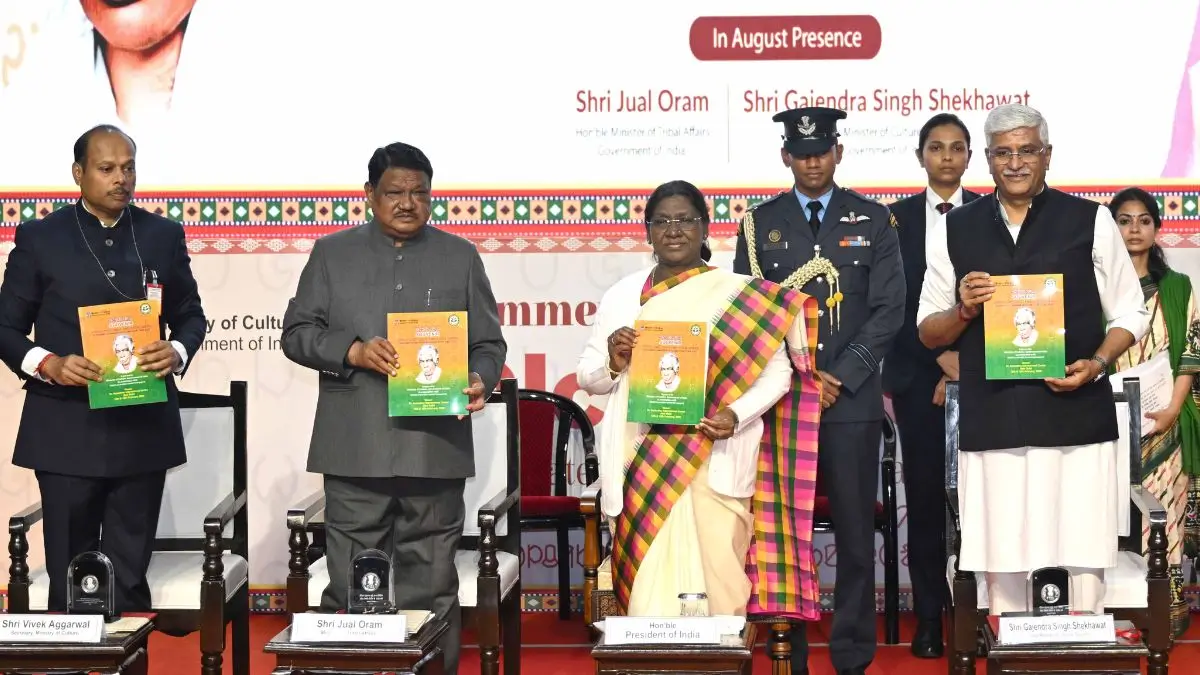Nepal PM Seeks Fourth Vote of Confidence Amid Opposition Protest
In a tumultuous political landscape, Nepal’s Prime Minister finds himself amidst a storm of opposition protest as he seeks his fourth vote of confidence. The Himalayan nation, known for its intricate political dynamics, witnesses yet another chapter in its democratic saga. With protests mounting and tensions escalating, the future of Nepal’s governance hangs in the balance.
Current Scenario: Amidst mounting opposition pressure and public unrest, Nepal’s Prime Minister has turned to the parliamentary floor for a vote of confidence. This comes as a pivotal moment in the nation’s political landscape, with the fate of the current government at stake.
Opposition Protest: The opposition’s dissatisfaction with the ruling government has reached a boiling point, leading to widespread protests across the nation. These demonstrations underscore the deep-seated divisions within Nepali politics and the challenges facing the incumbent leadership.
International Implications: Nepal’s political instability reverberates beyond its borders, drawing attention from regional and international stakeholders. The outcome of the confidence vote carries significant implications for diplomatic relations and geopolitical dynamics in the South Asian region.
Government’s Response: In response to mounting pressure, the government has reaffirmed its commitment to democratic principles while attempting to navigate the turbulent waters of opposition dissent. The Prime Minister’s call for a vote of confidence signals a decisive move in the face of adversity.
Way Forward: As Nepal braces itself for a crucial parliamentary showdown, the nation stands at a crossroads. The outcome of the confidence vote will not only determine the immediate future of the government but also shape the trajectory of Nepali politics in the years to come.

Why this News is Important:
Political Stability: The stability of Nepal’s government impacts not only its citizens but also regional stability in South Asia.
Democratic Processes: The confidence vote highlights the importance of democratic processes in resolving political crises and maintaining governance.
Geopolitical Dynamics: The outcome of the vote could influence Nepal’s relationships with neighboring countries and broader geopolitical dynamics in the region.
Public Participation: The widespread protests demonstrate the active participation of the Nepali public in shaping the country’s political landscape.
Future Implications: The decision taken in the parliamentary vote will have far-reaching consequences for Nepal’s political future and governance structure.
Historical Context:
Nepal has a history of political instability, marked by frequent changes in government and power struggles among political factions. The country’s transition from a monarchy to a federal democratic republic in 2008 was a significant turning point in its political history. Since then, Nepal has grappled with governance challenges, including issues related to corruption, ethnic tensions, and economic development.
Key Takeaways from “Nepal PM Seeks Fourth Vote of Confidence”:
| Serial Number | Key Takeaway |
|---|---|
| 1 | Nepal’s Prime Minister faces opposition protests amidst seeking a fourth vote of confidence. |
| 2 | The confidence vote highlights the deep divisions within Nepali politics and the challenges facing the current government. |
| 3 | The outcome of the vote carries implications for regional stability and diplomatic relations. |
| 4 | Public participation through protests underscores the significance of democratic processes in Nepal. |
| 5 | The decision in the parliamentary vote will shape the future trajectory of Nepali politics. |
Important FAQs for Students from this News
1. What is the significance of Nepal’s Prime Minister seeking a fourth vote of confidence?
- Answer: The significance lies in the challenges facing the current government amidst mounting opposition protests, highlighting the importance of democratic processes in resolving political crises.
2. How might the outcome of the confidence vote affect regional stability?
- Answer: The outcome could have implications for diplomatic relations and geopolitical dynamics in South Asia, impacting not only Nepal but also neighboring countries.
3. What historical context is important to understand Nepal’s political landscape?
- Answer: Nepal has a history of political instability marked by frequent changes in government, ethnic tensions, and governance challenges since transitioning to a federal democratic republic in 2008.
4. How are public protests influencing the political situation in Nepal?
- Answer: Widespread protests demonstrate public dissatisfaction and active participation in shaping the country’s political future, emphasizing the significance of democratic processes.
5. What is the potential future trajectory of Nepali politics following the confidence vote?
- Answer: The decision in the parliamentary vote will likely shape the direction of Nepali politics, impacting governance structures and the overall stability of the country.
Some Important Current Affairs Links




